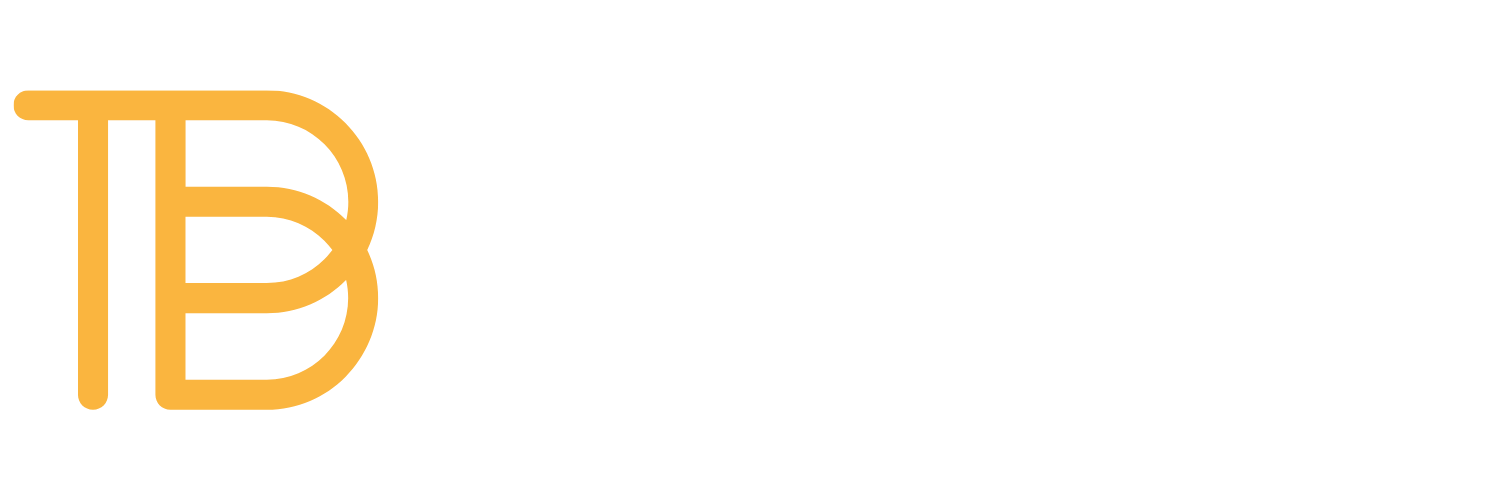In today’s competitive global marketplace, businesses must rely on suppliers for the timely delivery of goods and services. However, the foundation of any successful business relationship with suppliers lies in the onboarding process. Supplier onboarding is the first step in ensuring that your company works with qualified, reliable, and compliant suppliers. Without this essential process, businesses risk engaging with vendors who may not meet your quality standards, face compliance issues, or contribute to inefficiencies that can disrupt your operations.
In this article, we will discuss why supplier onboarding is crucial for your business success, its key benefits, and how it can directly impact your company’s long-term growth and profitability.
What is Supplier Onboarding?
Supplier onboarding is the process of formally integrating a new supplier into your company’s supply chain. This process typically involves verifying the supplier’s business credentials, reviewing their product offerings, understanding their compliance with industry regulations, and establishing terms of engagement. The goal is to ensure that suppliers are well-prepared to meet your company’s needs, adhere to compliance standards, and deliver products or services reliably and on time.
Why Supplier Onboarding Matters: Key Benefits for Your Business
1. Ensures Supplier Reliability
One of the primary reasons for supplier onboarding is to verify the reliability and credibility of your potential suppliers. This is crucial to avoid costly mistakes that could arise from working with unreliable vendors. Proper onboarding helps ensure that suppliers meet your business’s standards in terms of quality, pricing, lead times, and delivery capabilities.
Without thorough supplier vetting, you risk working with vendors that may:
- Fail to deliver goods or services on time
- Provide subpar products that affect your business operations
- Cause unexpected disruptions in your supply chain
By onboarding your suppliers correctly, you mitigate these risks and establish a strong foundation for smooth operations.
2. Reduces Risks and Legal Complications
Every industry has its own set of regulations and standards, and suppliers must adhere to these laws to maintain compliance. A key component of the onboarding process is ensuring that suppliers meet these regulatory requirements.
For example, in sectors like healthcare, pharmaceuticals, or food manufacturing, non-compliance with safety standards could lead to legal consequences, product recalls, or even damage to your company’s reputation. Properly verifying suppliers during the onboarding process reduces the risk of engaging with vendors who may expose your business to legal issues.
Supplier onboarding also helps manage risk related to fraud. By verifying financial records, business legitimacy, and checking for any history of non-compliance, you ensure that the supplier you engage with is trustworthy and reliable.
3. Saves Time and Resources
Supplier onboarding can initially seem like a time-consuming process, but in the long run, it saves both time and resources. Proper onboarding ensures that you don’t waste time dealing with supplier-related issues down the line. When you properly vet suppliers, you avoid the costly disruptions that can occur from using unreliable or unverified suppliers.
For instance, onboarding lets you avoid having to go back and forth with a supplier to clarify expectations, terms of service, or product quality. It also helps identify potential issues early in the relationship so you can solve them before they turn into bigger problems. This efficiency saves you time and helps keep your procurement operations running smoothly.
4. Fosters Long-Term Relationships
Supplier relationships are foundational to the success of any business, and fostering long-term, mutually beneficial relationships is key. The onboarding process sets the stage for clear communication, expectations, and trust between you and your supplier. This transparency from the outset helps build a strong business relationship.
Additionally, onboarding helps suppliers understand your needs and how their products or services will fit into your supply chain. Clear guidelines on delivery schedules, quality expectations, and payment terms are set, ensuring both parties are on the same page. Over time, these relationships can become stronger, allowing for collaborative problem-solving, better pricing, and the ability to scale operations as your business grows.
5. Improves Supplier Performance and Accountability
Supplier onboarding helps ensure that your suppliers are equipped to meet your company’s performance expectations. By providing them with clear guidelines about delivery timelines, product specifications, and payment terms, you make sure that both parties understand what is expected.
With a well-defined onboarding process, your suppliers can more easily meet performance standards, which ultimately helps you maintain operational efficiency. Additionally, if any issues arise, it becomes easier to hold suppliers accountable for any deviations from agreed-upon terms or standards.
6. Optimizes the Procurement Process
Efficient procurement is essential for any business, and supplier onboarding plays a crucial role in this process. A properly onboarded supplier is ready to provide goods or services on-demand without delays. By having all the necessary documentation in place (like contracts, delivery schedules, payment agreements), you can avoid delays and speed up your procurement processes.
For businesses with multiple suppliers, having a structured onboarding process ensures consistency across the supply chain. All suppliers are held to the same standards, which simplifies management and monitoring.
The Supplier Onboarding Process: A Step-by-Step Overview
A well-organized supplier onboarding process ensures that both your company and the supplier are aligned in terms of expectations and responsibilities. Here’s a general overview of the steps involved:
- Registration and Initial Information
The supplier provides basic company information, including business registration details, contact information, and trade history. - Verification and Validation
Supplier credentials are verified to ensure that the supplier is legitimate and complies with industry standards and regulations. - Document Collection
The supplier submits necessary documents, such as contracts, financial records, and product certifications, which are reviewed by your team. - Product Evaluation and Negotiation
Samples of products or services are evaluated to ensure they meet your business’s requirements. Pricing, terms, and conditions are negotiated. - Agreement and Contract Finalization
After all terms are agreed upon, a formal contract is signed, and expectations are clearly outlined. - Integration into the Procurement System
Once onboarding is complete, the supplier is integrated into your procurement and inventory systems, enabling seamless transactions.
Conclusion: Invest in Your Supplier Relationships
Supplier onboarding is not just a step in your procurement process — it’s an investment in the long-term success of your business. By ensuring that all suppliers meet your company’s standards and compliance regulations, you minimize risks, enhance operational efficiency, and foster strong, reliable relationships.
At Trade Brokers Limited, we help streamline the supplier onboarding process, making it easier for businesses to connect with trusted, verified suppliers from across the globe. With our platform, you can ensure that every supplier you work with is a true partner in your business success.
Start onboarding your suppliers with Trade Brokers Limited today and lay the foundation for your company’s future growth!




